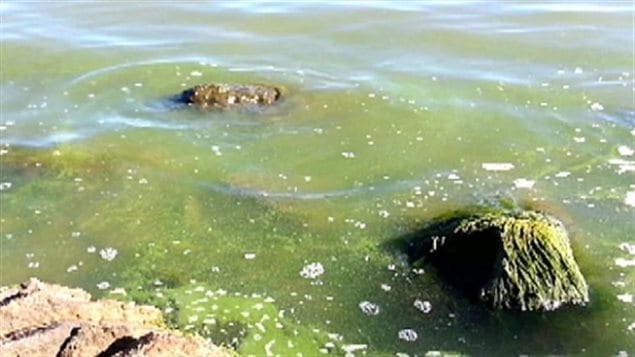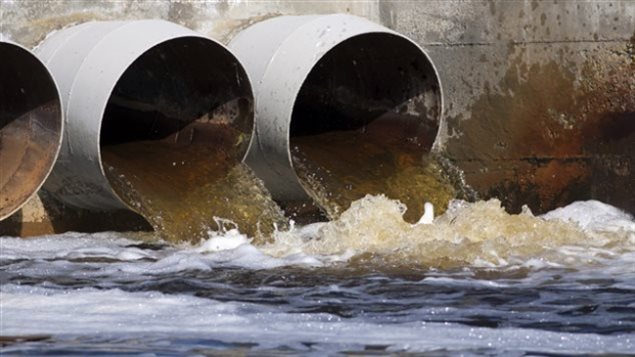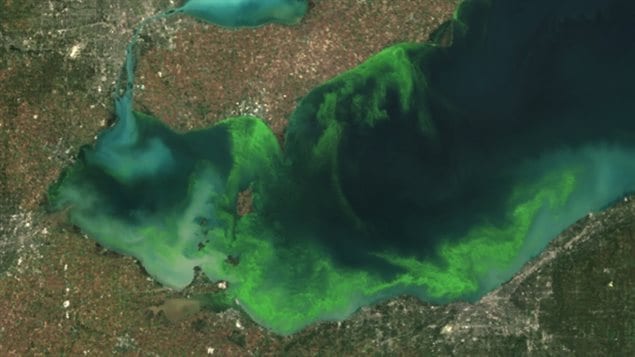This is the fourth in the five part series on the growing concern over access to fresh water.
Maude Barlow’s new book looks at what is happening in Canada and around the world. It’s called, “Boiling Point: government neglect, corporate abuse, and Canada’s water crisis.
Today, how farming practices and the growth of giant factory farms, have changed resulting in increased damage to water supplies caused by algae.
Although it deals generally with the situation in Canada, it explains how and why the subjects touched upon are interconnected world-wide.
Ms Barlow, is the National Chairperson for the Council of Canadians, a non-profit group advocating on environmental issues, public health care, fair trade issues, and healthy democracy.
Listen
It’s a growing phenomenon world wide; industrial scale operations are slowly swallowing up the small family owned farms around the world.
The small farms were always concerned about the land, and generally had small animal herds which grazed over a large area. Now factory farms cram thousands of animals into that same land and the effluent leaches into ground water and streams and rivers.
These nutrients promote the growth of the toxic algae.

Another issue is the giant factory crop farms, again the concern is profit, not stewardship of the land. Massive amounts of fertilizer are used, and the excess runoff also promotes the growth of toxic algae.

Another concern are city sewage treatment, while some smaller cites and towns still don’t have any sewage treatment, most major city sewage treatment is not designed to handle excess from increasingly violent storms. When large rain storms happen, the system overflows and vast amounts of untreated sewage runs off into overflow pipes and straight into water courses.
In some places, multinational corporations and even governments are buying up vast tracts of land (land grab) so the products and or water can be exported with no local benefit.

Ms Barlow points out a little known phenomenon of “virtual water” that is the moisture contained within the plants and animals exported out of the watershed never to be returned.
All of this means more and more fresh water is becoming more costly to treat, if it can be treated at all. And once again, water availability is being reduced, even as the demand continues to grow.







For reasons beyond our control, and for an undetermined period of time, our comment section is now closed. However, our social networks remain open to your contributions.